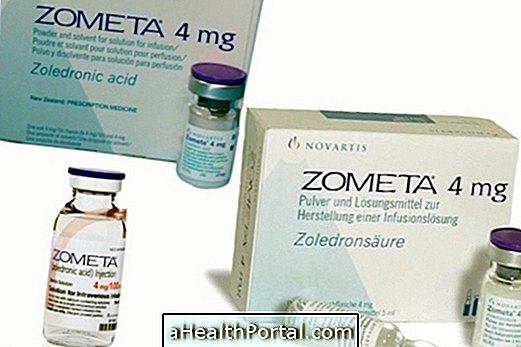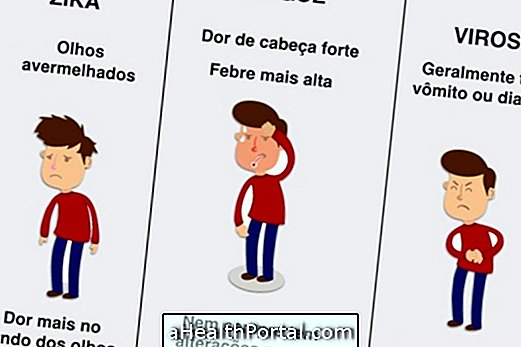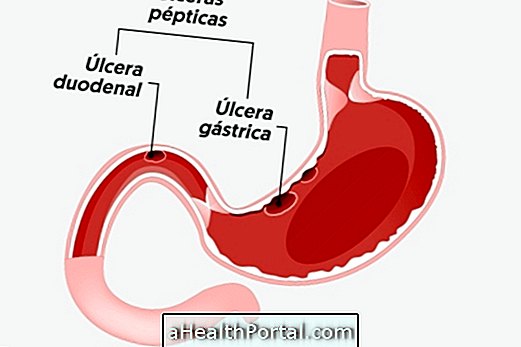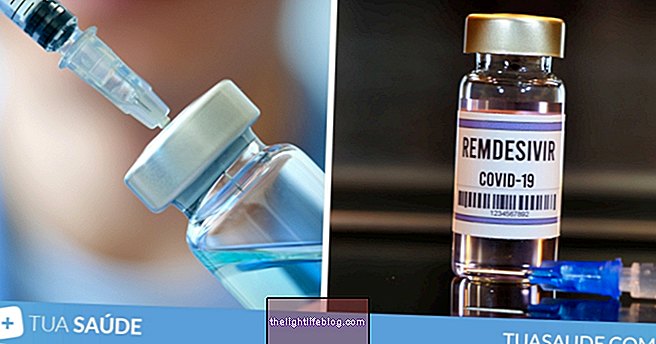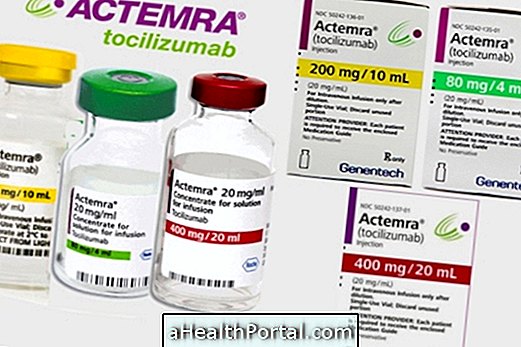The treatment for the removal of mercury from the body can be done by gastric lavage or by the use of medications, depending on the form that the contamination occurred and the time the subject was exposed to that metal.
Mercury intoxication can be acute when contact with mercury is recent and only occurs once, or chronic, when contact with mercury occurs for a long period of time. The longer the exposure to mercury, the worse the health consequences.
Treatment of acute intoxication
The treatment of acute intoxication, which is when you have had contact only once, can be done through gastric lavage, induction of vomiting or use of laxatives to eliminate the substance from the intestine.
If mercury has come into contact with the skin, the area should be washed with soap and water, while contact with the eyes should be washed with plenty of running water.
Treatment of chronic intoxication
The treatment of chronic intoxication, which is when you have prolonged exposure to mercury, includes:
- Remove the cause of intoxication to eliminate toxic metal exposure;
- Use diuretic medications because contamination can reduce urine production;
- Use mercury chelating medicines, which bind to mercury, facilitating its excretion through the body;
- Increase the consumption of coriander, because this vegetable helps eliminate the mercury from the cells;
- Consume chlorella, an alga that eliminates mercury through the intestine;
- Increase the consumption of selenium, zinc and magnesium as they help to strengthen the body against mercury. These minerals are present in foods such as nuts, peanuts, seeds such as flax and pumpkin, and dairy products;
- Increase consumption of vitamins B, C and E, present in citrus fruits such as acerola and pineapple, vegetable oranges such as carrots and pumpkin and milk and derivatives.


As soon as the mercury contamination or the onset of the first symptoms of intoxication of the organism occurs, the doctor must be sought to start the treatment, which can last for weeks or months, depending on the degree of contamination of the individual.
Complications of mercury contamination
Mercury contamination can lead to complications such as neurological disorders, kidney problems, liver, skin and reproductive and immune systems. Excess mercury in the body of pregnant women can also cause fetal malformations and death of the baby.
The intensity of the consequences depends on the form of mercury contamination, the concentration of mercury and the vulnerability of the individual, being more dangerous in children and the elderly.
Signs of improvement and worsening
Signs of improvement in mercury contamination are decreased symptoms of fatigue, weakness and irritation of the skin. When the contamination begins to pass, it is possible to notice the improvement of the appetite, of the muscular pains and of the mental confusion, with recovery of the memory and the good functioning of the whole organism.
Signs of worsening contamination are increased initial symptoms, with great mental confusion, memory loss, poor kidney function, and decreased urine production. When mercury contamination is high, it can lead to permanent neurological problems, even with treatment to remove that metal from the body.




